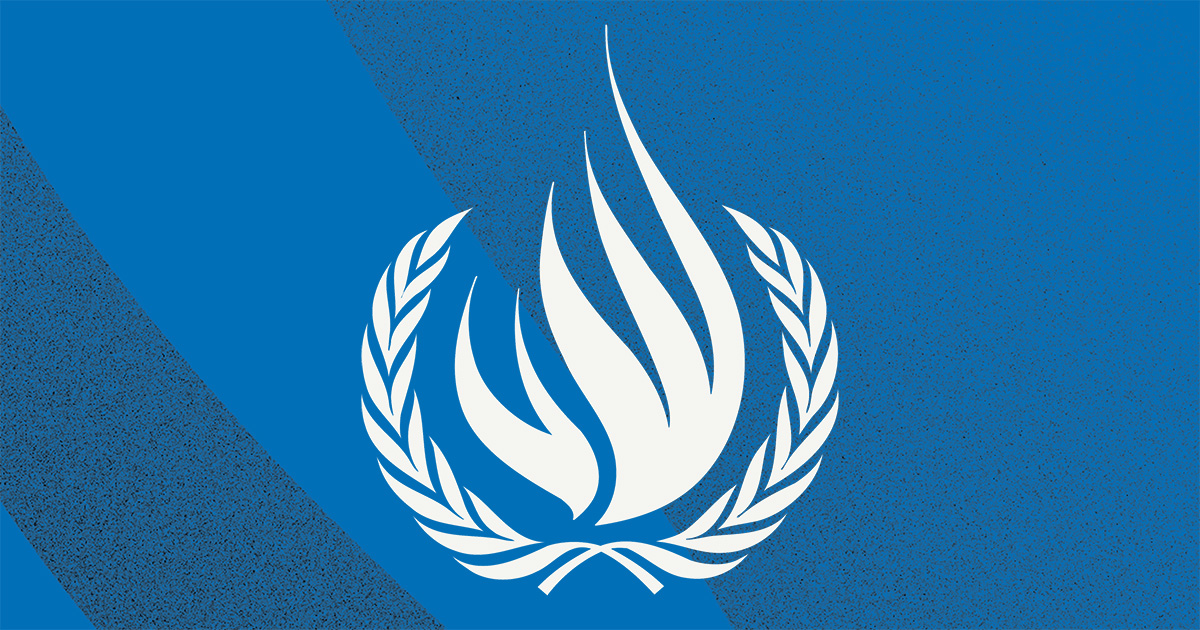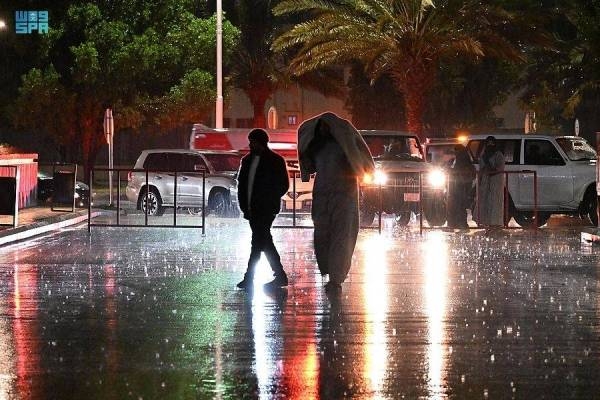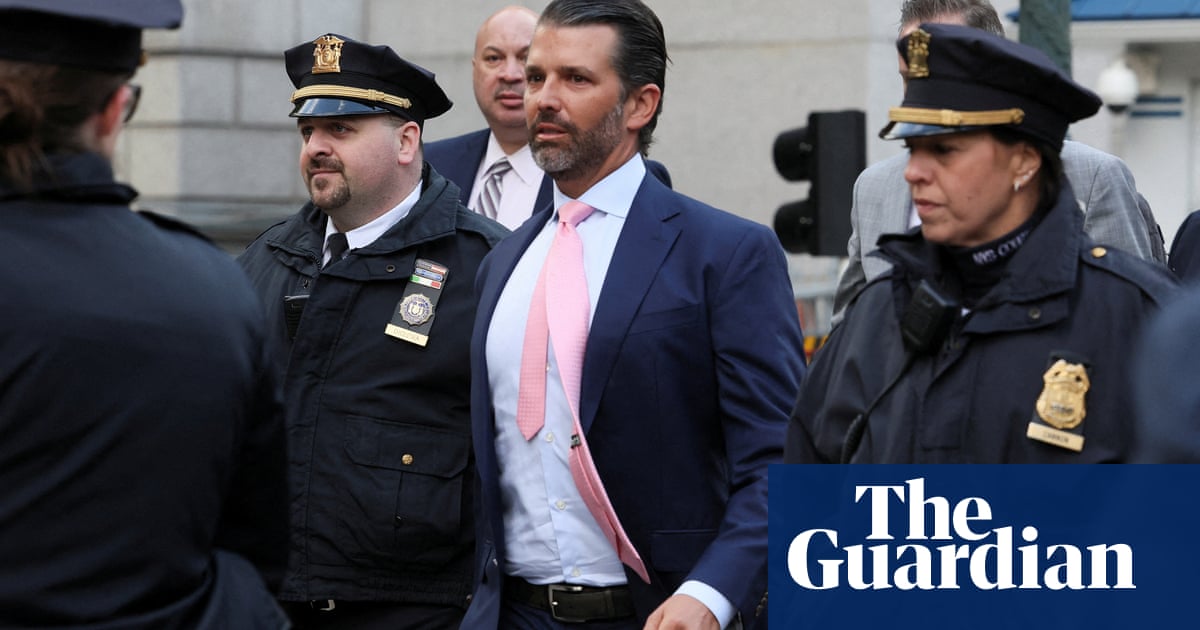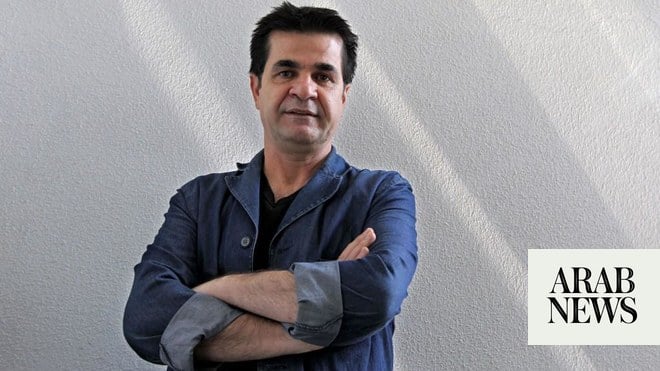
(Reuters) - Corporate defense lawyers on Friday urged the federal judiciary to adopt a rule that would make it harder for expert witnesses to present what they call "junk" scientific testimony at trials, including in cases over injuries blamed on drug and consumer products.
Defense lawyers involved in mass tort litigation testified during a virtual hearing of the judiciary"s Advisory Committee on Evidence Rules in support of a proposal to amend an evidentiary rule to clarify a judge"s role in admitting expert testimony.
Under a proposal the committee published for comment in August, Rule 702 of the Federal Rules of Evidence would be amended to, among other things, say a party must prove by a preponderance of evidence that expert testimony is admissible, which it had not explicitly stated before.
The rule would also be amended to emphasize that judges must exercise their gatekeeping authority to ensure experts" conclusions are supported by their methodologies.
Defense lawyers and business-oriented groups like Lawyers for Civil Justice have long argued that the rule has been inconsistently applied, undercutting the so-called Daubert standard for expert testimony the U.S. Supreme Court adopted in a 1993 ruling.
"What we often see when Rule 702 is misapplied is that speculative and unreliable expert testimony is deemed admissible," said Rebecca Bazan, a defense lawyer at Duane Morris.
Proponents of the proposal, including the defense-side Washington Legal Foundation, have pointed to a judge"s ruling in litigation over Bayer"s Roundup weedkiller to not exclude expert witness testimony supporting a California man"s claim that the product caused him to develop non-Hodgkin lymphoma, as an example of the problem.
Bayer has asked the Supreme Court to overturn the $25 million award to the Roundup user, Edwin Hardeman, partly by arguing the 9th U.S. Circuit Court of Appeals" standard for excluding expert witnesses was not strict enough.
At Friday"s hearing, defense lawyer Eric Lasker of Hollingsworth evoked the distrust of science and COVID-19 vaccines by large portions of the public to argue the rule change would help courts guard against "shoddy, unreliable scientific evidence."
"The need for institutions like the judiciary to stand firm in support of sound and reliable science could not be more pressing," he said.
But members of the plaintiffs bar and its main lobbying group, the American Association for Justice, said the change would cause some judges to wrongly evaluate pre-trial which side"s expert witnesses were correct, not just admissibility.
"It would turn the trial judge into a 13th juror," said Larry Coben, a lawyer at Anapol Weiss and chief counsel of the 800-member trial attorneys group Attorneys Information Exchange Group.












